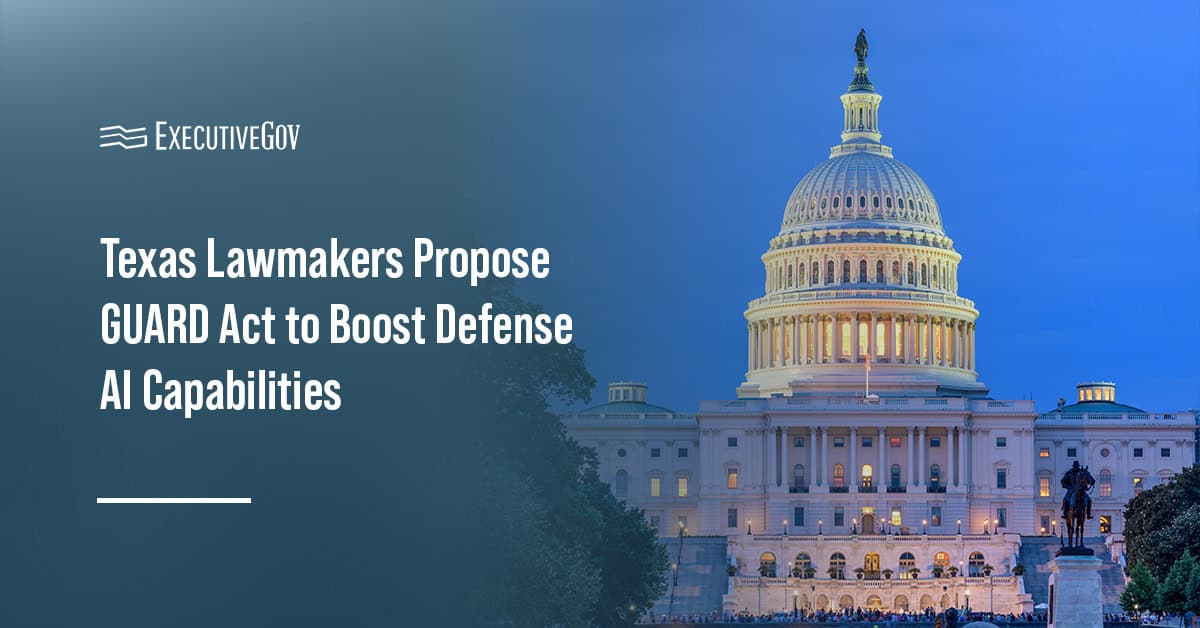
Col. Nick Kioutas, the U.S. Army’s program manager for position, navigation and timing, said that PNT is a critical part of the service branch’s portfolio, National Defense Magazine reported Thursday. He told attendees at an Army Futures Command media day in Arlington, Va. that PNT technologies are crucial for penetration, disintegration and exploitation activities especially in contested or service-denied environments.Â
Events like the ongoing PNT Assessment Exercise in Nevada can help industry showcase related technologies, Kioutas noted. He added that the Department of Defense is working to integrate advanced codes with anti-spoofing functionalities to modernize the Army’s defense advanced GPS receiver.





